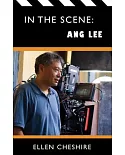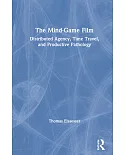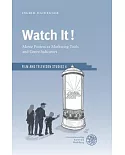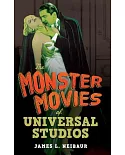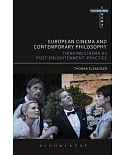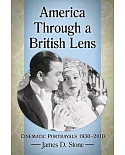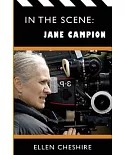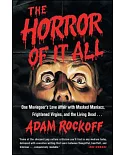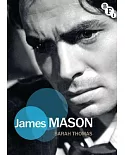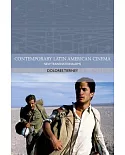Since the assassination of John F. Kennedy, motion pictures and television productions-some based on historical fact and conjecture, others clearly fanciful-have embraced the idea that
conspiracies shape many events, hide others, and generally dictate much of the course of modern life, often to the disadvantage of the average person. As a result, conspiracy theories have
developed into a potent undercurrent in American politics. Here, author Gordon Arnold examines the evolution of this cultural climate in the United States. Conspiracy Theory in Film,
Television, and Politics examines the intersection of various film and television productions in the context of unfolding political developments. The chapters follow this story chronologically,
showing how screen media have both reflected and shaped the cultural milieu in which traumatic events and political controversies have been interpreted with increasing cynicism.


